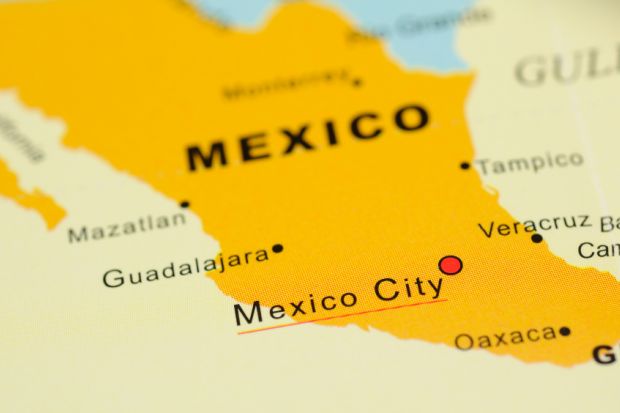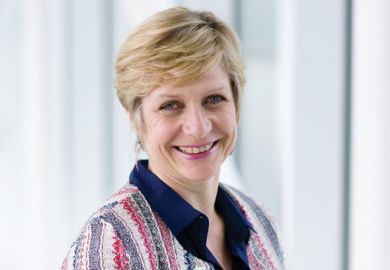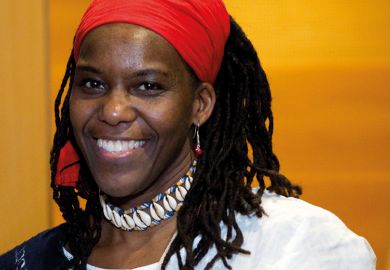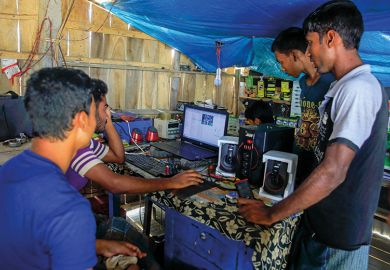Internationalisation is now widely recognised across the globe as an essential element of education, but it has proved far easier for some countries than for others.
In fact, according to the World Bank, “only [a] few students from Africa, the Middle East and Latin America get the opportunity to mix with peers in other countries”. Higher education institutions in Mexico are working with the Mexican Association for International Education (AMPEI) to try and change this situation. We are convinced that internationalisation is one of the most important means when talking about improving the quality of higher education.
According to a global survey, 79 per cent of higher education institutions in Latin America and the Caribbean included internationalisation in their development plan, compared with 87 per cent in the rest of the world. Over the years, and thanks to the expertise of the members of the AMPEI board, many institutions have developed or improved their plan. This has allowed them to improve their statistics about student or staff mobility and even develop degree programmes that facilitate international placements, which are actually increasing in Mexico.
Since 2007, most Mexican universities have created policies to promote it and to integrate all the different elements that come under its umbrella, so as not to focus solely on academic exchange. The Autonomous University of Sinaloa (UAS), for example, developed its first internationalisation programme in 2009, and this is now firmly established.
Like other Latin American countries, Mexico still faces major challenges in international higher education. Limited university budgets, inflexible curricula and comparatively limited access to technology can all pose problems. But although the road is long, certain institutions are playing an important role in promoting the internationalisation policies.
The AMPEI, of which I am president, organises seminars and workshops designed to professionalise the skills of those running International Affairs Offices in universities. It also aims to help Mexican universities be represented at international forums devoted to higher education.
Such efforts, we hope, will go a long way towards improving the quality of Mexican higher education through internationalisation.
América M. Lizárraga González is president of the Mexican Association for International Education. She will speak at the EAIE conference on Thursday 15 September.
Register to continue
Why register?
- Registration is free and only takes a moment
- Once registered, you can read 3 articles a month
- Sign up for our newsletter
Subscribe
Or subscribe for unlimited access to:
- Unlimited access to news, views, insights & reviews
- Digital editions
- Digital access to THE’s university and college rankings analysis
Already registered or a current subscriber? Login








